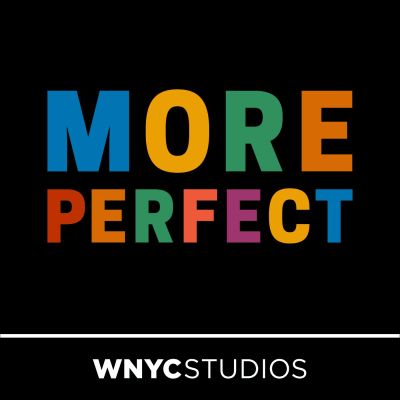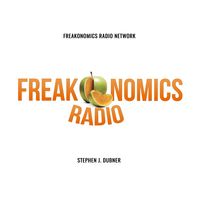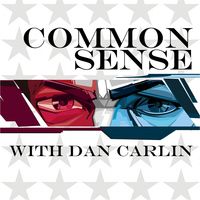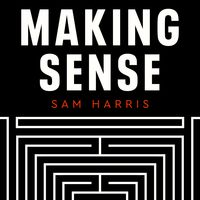We’re taught the Supreme Court was designed to be above the fray of politics. But at a time when partisanship seeps into every pore of American life, are the nine justices living up to that promise? More Perfect is a guide to the current moment on the Court. We bring the highest court of the land down to earth, telling the human dramas at the Court that shape so many aspects of American life — from our religious freedom to our artistic expression, from our reproductive choices to our voice in democracy.
https://www.wnycstudios.org/podcasts/radiolabmoreperfect
recommended podcasts
episode 11: The Architect
On this episode, we revisit Edward Blum, a self-described “legal entrepreneur” and former stockbroker who has become something of a Supreme Court matchmaker: he takes an issue, finds the perfect plaintiff, matches them with lawyers, and helps the case work its way to the highest court in the land. His target: laws that differentiate between people based on race — including ones that empower minorities. More Perfect profiled Edward Blum in season one of the show...
episode 12: Justice, Interrupted
The rules of oral argument at the Supreme Court are strict: when a justice speaks, the advocate has to shut up. But a law student noticed that the rules were getting broken again and again — by men. He and his professor set out to chart an epidemic of interruptions. If women can’t catch a break in the boardroom or the legislature (or at the MTV VMA’s), what’s it going to take to let them speak from the bench of the highest court in the land?
episode 13: One Nation, Under Money
An unassuming string of 16 words tucked into the Constitution grants Congress extensive power to make laws that impact the entire nation. The Commerce Clause has allowed Congress to intervene in all kinds of situations — from penalizing one man for growing too much wheat on his farm, to enforcing the end of racial segregation nationwide. That is, if the federal government can make an economic case for it...








































